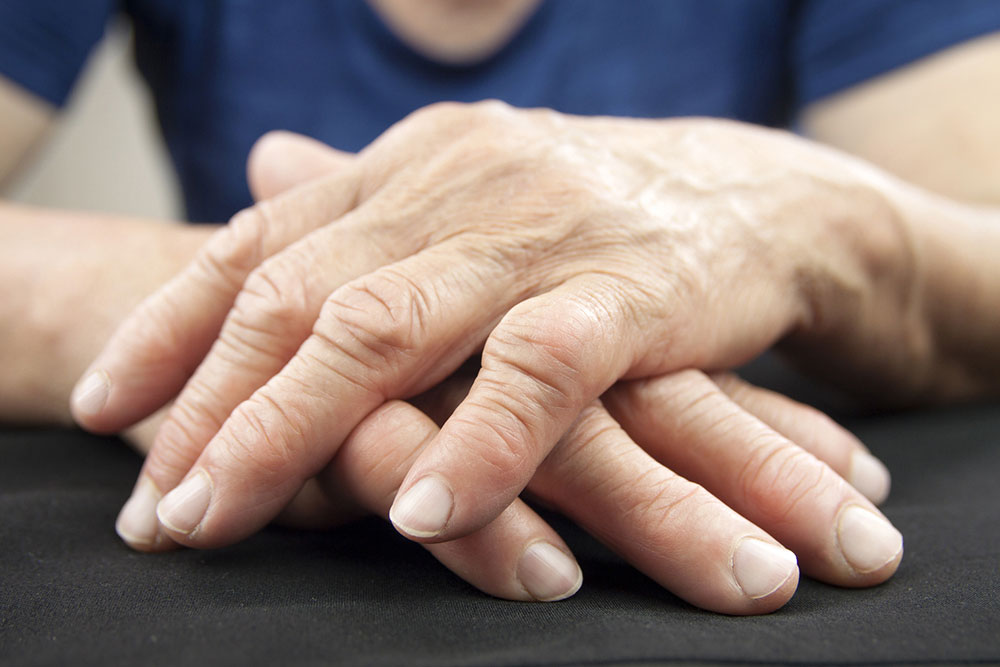Living Well with Rheumatoid Arthritis: Tips and Treatments
This article provides an overview of rheumatoid arthritis, including its causes, symptoms, and various treatment options. It emphasizes lifestyle changes like diet, exercise, and therapies that can help manage symptoms and improve quality of life. Early diagnosis and professional guidance are crucial for effective control of the disease, enabling those affected to lead healthier, more active lives.

Living Well with Rheumatoid Arthritis: Tips and Treatments
Rheumatoid arthritis (RA) is a common autoimmune condition affecting millions worldwide. It occurs when the immune system mistakenly attacks the synovial membrane in joints, causing inflammation, pain, and joint deterioration. Typically starting with small joints like fingers and wrists, RA can advance to larger joints such as knees and shoulders, sometimes resulting in deformities. Symptoms include joint swelling, stiffness in the mornings, fatigue, fever, and loss of appetite. Recognizing these signs early can lead to more effective management.
Causes and Risk Factors
The exact cause of RA remains uncertain, but factors like genetics, hormonal influences (more common in women), smoking, environmental toxins, and obesity contribute to the risk. The immune system's improper response leads to persistent joint inflammation and tissue destruction over time.
Treatment and Management
Although there is no cure for RA, various therapies help control symptoms and prevent joint damage. Medications such as DMARDs, biologics, and JAK inhibitors are used to reduce inflammation and slow disease progression. Pain management may include NSAIDs, corticosteroids, or analgesics, but these can have side effects. In advanced cases, surgical options may be considered to repair damaged joints and restore function.
Lifestyle Adjustments and Natural Support
Adopting healthy lifestyle habits can aid treatment. Proper sleep enhances pain management and mobility, while gentle exercises like yoga, tai chi, or aquatic therapy improve flexibility. Regular massages and heat or cold therapy soothe discomfort. A balanced diet rich in omega-3 fatty acids, antioxidants, fiber, and flavonoids can reduce inflammation. Following dietary patterns such as Mediterranean or paleo diets may be beneficial. Limiting processed foods, sugar, fried items, red meat, and dairy supports overall health.
Always consult healthcare professionals before making significant dietary or treatment changes. Early diagnosis and proper management are key to maintaining a good quality of life with RA.


